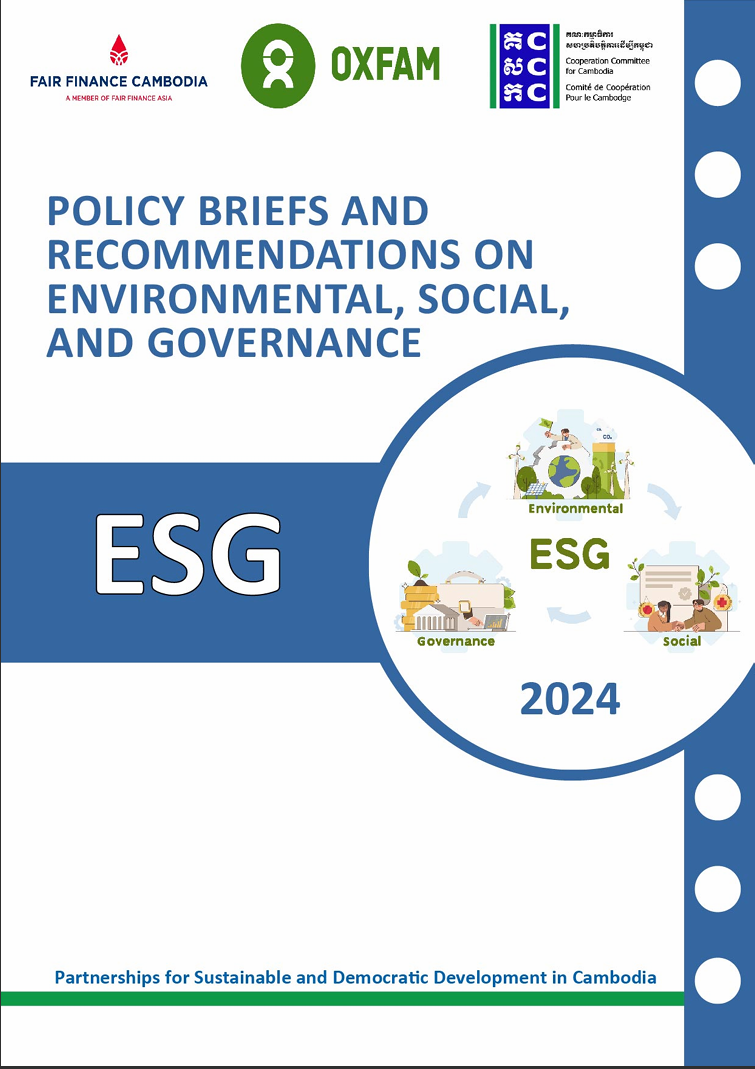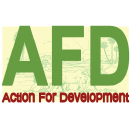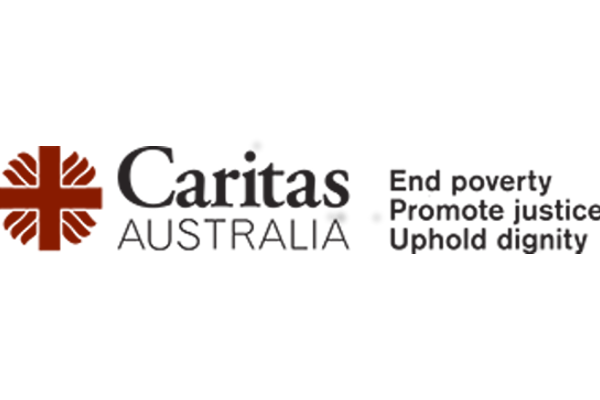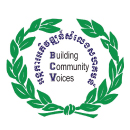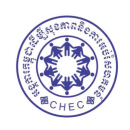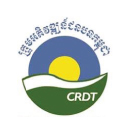Reconsidering the Impact of Migration on Older age Parents, 2011
A Cambodia Development Resource Institute (CDRI) study funded by the World Bank entitled Moving Out of Poverty? identified migration for wage employment as a critical channel for improving individual well-being. Yet the authors also cited the movement of people out of rural areas as driving demographic change towards an erosion of traditional sources of protection for older adults still living in these areas (FitzGerald et al, 2007). Another CDRI study undertaken in collaboration with the Asian Development Bank cites migration as accelerating the destabilization of rural areas: “as able-bodied young men and women desert village after village, while the old and the very young, along with the destitute, are left behind to tend the farms” (Murshid, 2007). In short, these statements imply that the migration of adult children away from their parents’ home in rural areas of Cambodia has the potential of disrupting and eroding long-established and time-honored family values and norms that have worked to solidify the family and maintain intergenerational solidarity. These negative portrayals fit within a broader argument that views the general process of development, of which increased migration is an integral part, as undermining the extended family and its function as a source of old age support (Aboderin, 2004; Hendricks and Yoon, 2006; Hermalin et al, 2003).








